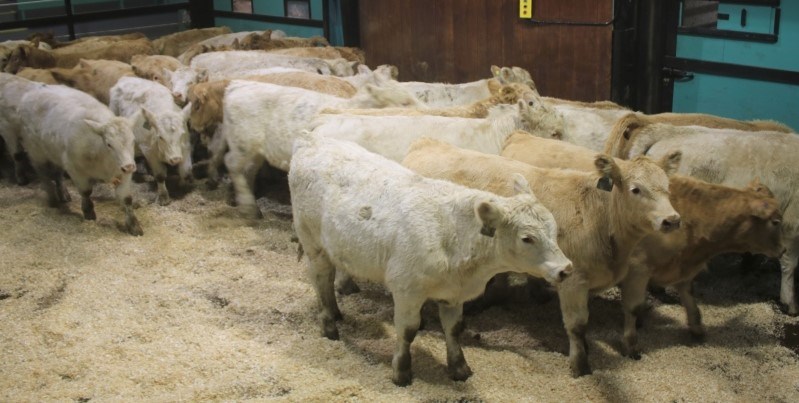YORKTON - If you are on social media – and most are connected to at least one or two platforms these days – it is likely you have read posts lamenting the price of food.
As an example a recent post locally lamented the jump in the price of bread at a local store, and meat prices have trended higher as well – making a decision to barbecue steaks this summer a bit more difficult for families on a budget.
And, through recent months’ people will have also seen posts about certain foods simply not on the shelves. My better half has noted for example, has not seen Kellogg’s Rice Krispies – one of my favourites – on the shelves for some time.
To read posts the climbing prices are the result of whichever politician the poster happens not to support, or it’s just big business taking a bigger chunk of the consumer’s paycheque.
Of course nothing is quite as simple as social media posting would suggest.
For example, a lot of the issues regarding food prices and shortages can trace back to what our parents and grandparents did in terms of food buying decisions.
For example, if you live in Yorkton and were to decide that the answer to high beef prices was to go out to a local producer and buy a beef animal, you would find there is not an abattoir in the city to kill and process the animal. A decade, or so ago, it would have been impossible to even imagine a Prairie city of 18,000 would exist without a local abattoir, but because consumers long ago put their food security in the hands of food stores, the local custom meat processor is increasingly rare.
It is the same thinking which over the years has made gardens increasingly rare in city backyards.
And, as we have walked away from tending and harvesting a garden we have also walked away from owning a deep freeze to store our own food.
When I was a youth every home had a deep freeze and dishwashers were rare. Today the reverse is much more the norm.
Today we rely on food shipped from afar. The milk once produced on a Yorkton area farm was processed in a facility on York Road. Today a truck hauls raw milk from the farm west to Saskatoon or beyond, where it is processed, loaded on a truck and hauled back to stores and when diesel is more than $2 a litre the price in the store is bound to rise.
Perhaps if we still had greater control of our food, grown or sourced and processed locally, the cost of our food would not be quite the topic of social media it is these days.






